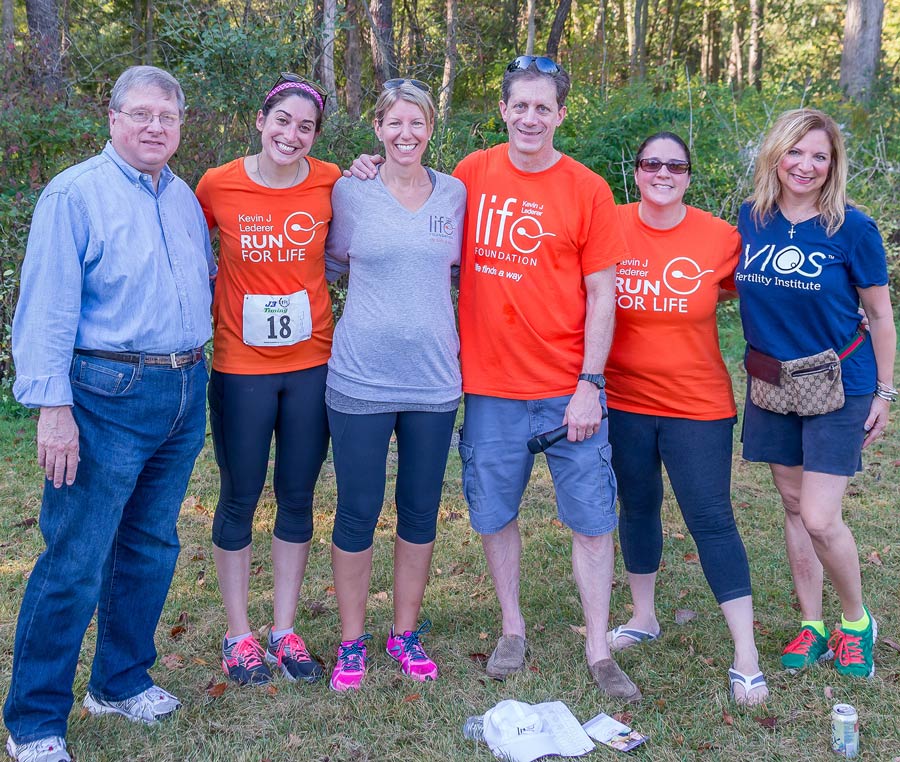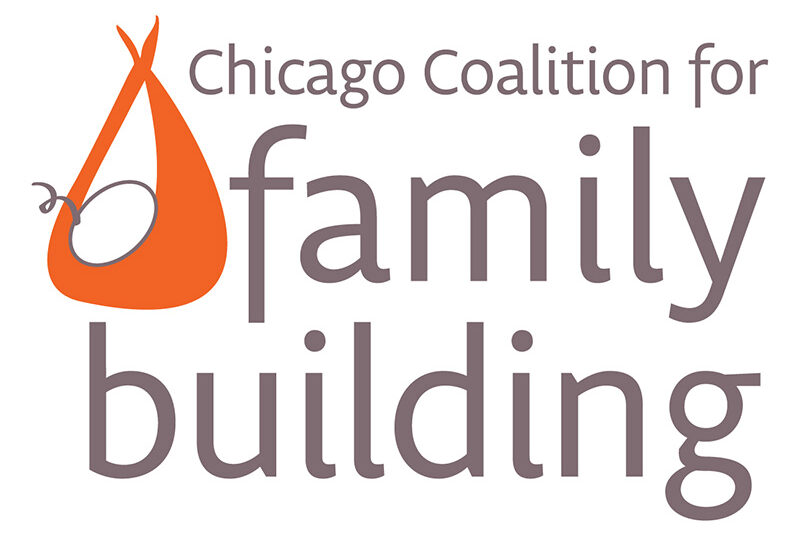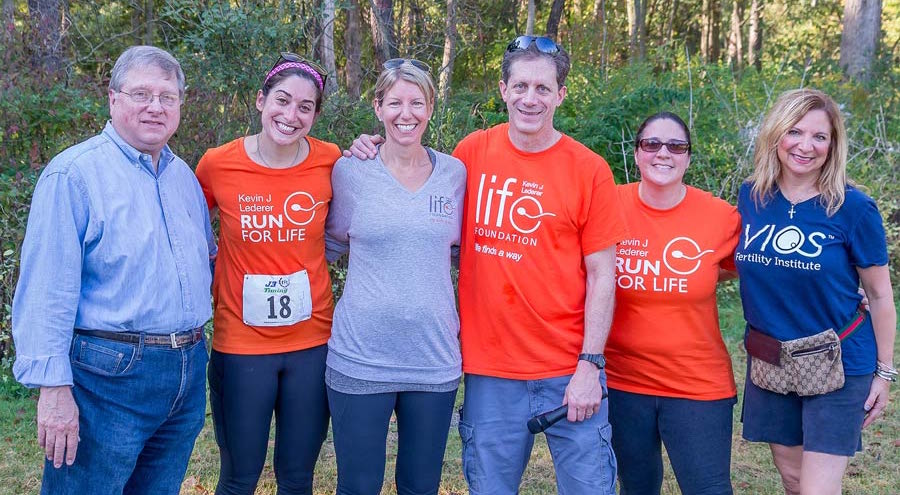News Coverage
Coalition for Family Building (formerly the Life Foundation) Helps Create Families
Daily North Shore
By Julie Kemp Pick
December 25, 2017
HIGHLAND PARK – Though the overall mission of the Coalition for Family Building (formerly the Life Foundation) is to promote educational and financial assistance for those who are struggling with infertility, the program has worked to provide healthy outcomes for future generations.
Last year the Family Building Grant program had a patient whose sister was diagnosed at age 31 with breast cancer. She was found to be BRCA (the breast cancer gene) positive and her sister was also trying to get pregnant. She did not have cancer, but she applied for a Family Building Grant not only to help with the cost of infertility treatment, but to cover the cost of BRCA testing which determined she also carried the gene.

In addition to providing invitro fertilization (IVF), the coalition partnered with Natera, a genetic testing company which tested her embryos for free. Natera identified embryos that did not carry the BRCA mutation, and transferred an unaffected embryo back to her, and she delivered a healthy baby girl over six weeks ago.
“Not only were we able to help her have a baby, but we were able to avoid transmission of the breast cancer gene,” said Highland Park resident Eve Feinberg, M.D., founder and executive director of the Coalition for Family Building. “The grant that she received was comprehensive, and we were able to give her the best chance of having a healthy baby.”
This is one of dozens of patients that the coalition has helped.
The program began three years ago and Kevin J. Lederer was one of the partners in Feinberg’s old practice. Sadly, he died at age 55. Feinberg said she had always thought about starting a coalition to help their patients and when Dr. Lederer got sick, he told her, “Chase your dreams. Don’t wait for the right time, and do the things that you want to do.”
After his death, Feinberg followed Lederer’s words of wisdom, and named the coalition in his honor.
The Family Building Grant program is a financial assistance program that is a combination of donations from a collaborative network of physicians from across Chicagoland that have banded together to provide pro-bono infertility care for patients, and also raises money to give financial assistance.
The program has grown throughout the years by providing five grants the first year, 14 grants the following year and 15 grants this year.
Feinberg is the Medical Director of the North Region of Northwestern Fertility in Reproductive Medicine at Lake Forest Hospital and she’s an Assistant Professor at Northwestern University Feinberg School of Medicine (no relation).
“In general we define infertility as the inability to conceive after a year of trying,” said Feinberg. “Often times they’ll go through lower treatments like ovulation induction, prescribing pills, or insemination. Invitro fertilization (IFV) is often viewed as the last step.”
Feinberg explained that IVF cycles are donated by various clinics in Chicago, and for those patients that don’t require IVF or require more services, the program also provides financial assistance to help those patients achieve fertility treatment, adoption, donor eggs or donor sperm.
Patients in need apply either for a financial assistance grant or an IVF cycle grant and then the grants are judged based on prognosis and overall recommendations by their physicians for grant acceptance.
In order to apply for a grant, you have to have a combined income of less than $150,000. “We thought that $150,000 sounded like a reasonable place to say we know you have money, but this is astronomically expensive and we’re going to offer you some support,” said Feinberg.
Feinberg explained that there are different price points for a complete range of services. For example, last year a lesbian couple applied for a grant for donor sperm. Though they are not infertile, donor sperm costs $750 for one vile for one month and the medical procedure for intrauterine insemination (IUI) costs about $1,000. A one treatment IUI cycle for one month was about $1,750, and it could take anywhere from four to six months.
For couples that do have infertility, one cycle of IVF medical fees costs about $12,000 and the medication fees are anywhere from $3,000 to $7,000 and they can take anywhere from one to six cycles to get pregnant.
Though Illinois is one of 13 states that has a mandate stating that infertility is a disease and the treatment needs to be covered by insurance, only 50 percent of the patients that present to an infertility clinic actually have insurance that follows this state mandate.
“There are many loopholes to the mandate that companies can use, so that they don’t have to pay for infertility treatments,” said Feinberg. “It’s really unfortunate and Illinois is one of the better states.”
Not only has Feinberg helped countless couples start families, but she herself has also gone through fertility treatment. She has three children, a 12-year-old, and eight-year-old twins.
“I feel lucky that I happen to have fertility problems, was in the field and was in a position where I could easily afford to undergo treatment,” said Feinberg. “I can’t imagine being diagnosed with infertility and not having the financial means to pursue treatment.”
The coalition also gives one grant every year to a couple to fund adoption in the event they’ve failed infertility treatment.
The coalition raises money all year round, but Run For Families, an annual 5K race and Bowl For Families are the largest fundraising events. The 2018 Annual Bowl For Families will take place April 22 at Pinstripes Chicago.
To show their appreciation, have any patients named their children after you?
Feinberg said quite a few babies are named Eve in her practice, but not from the coalition. “One of the cutest things ever was when my patient Jennifer named her daughter Genevieve, because it took a little bit of Jen and a whole lot of Eve to make her baby. It was a huge honor.”
Click here to read original story

